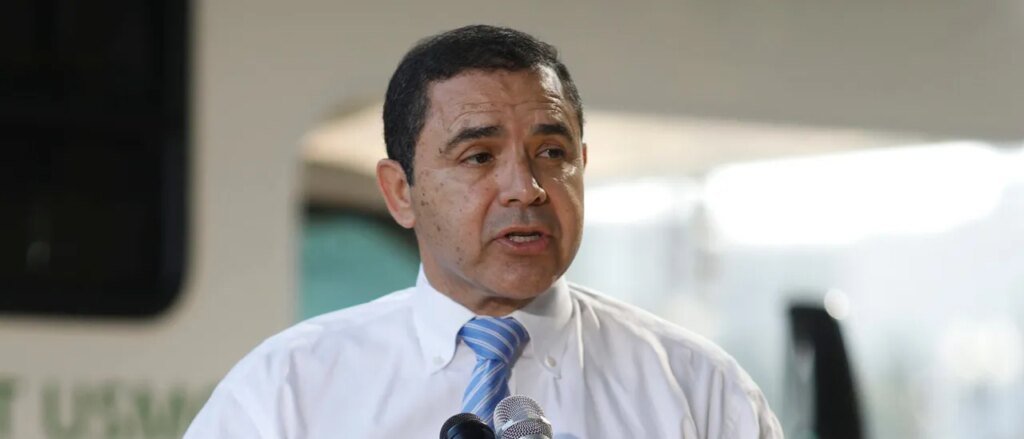In South Texas, political scandals tend to draw significant attention, especially when they have national implications. In the 28th Congressional District, which covers key border cities, voters are being urged to accept the results of the upcoming 2024 election despite concerns over alleged legal and procedural violations.
This election is particularly controversial, featuring an incumbent, numerous reports of missing votes, and possibly lost ballot boxes. To complicate matters, a county judge blocked investigations into court orders before announcing plans to destroy official ballots and run for the same position.
Democrat Henry Cuellar, who is seeking his 11th term, faces federal charges. Prosecutors allege that Cuellar, alongside his wife, received over $600,000 from foreign entities, including state-owned oil companies from Azerbaijan and major banks in Mexico, between 2014 and 2021.
At least two senior staff members have pleaded guilty in connection with Cuellar and are cooperating with the Department of Justice. Despite the mounting evidence, Cuellar managed to maintain national attention without halting his re-election bid for 2024. However, coverage from major news outlets often felt superficial.
Cuellar’s Republican challenger, Jay Furman, has contested the election results, submitting over 80 affidavits from voters claiming their ballots were cast without his name. Each voter signed under penalty of perjury, describing frustrations in finding the Republican candidate absent from voting lists.
Under Texas law, candidates can challenge every vote cast for them. Furman has contested the results from 66,000 votes in Webb County, yet authorities reportedly imposed unlawful restrictions on recounts, requiring Furman to make individual copies of ballots himself. He asserts that the county’s copier was inadequate for processing the complex voting documents.
These irregularities have raised alarms. One ballot box reportedly went missing during the recount period, and serious violations of custody laws could potentially invalidate the election results. Additionally, ballots intended for discard were allegedly shredded before the recount, contradicting Texas law’s requirement to keep such materials for scrutiny post-election. This destruction raises questions about fraud protections.
While Donald Trump secured a seven-point margin in this district in 2024, Cuellar managed to win the house race by only five points. This 12-point swing is perplexing without a clear Democratic downturn to explain it.
I’ve usually been skeptical of broad claims about election fraud. Yet, after analyzing the affidavits, court orders, and the unfolding events, the situation in Texas’s 28th District seems more than just administrative errors. It reveals serious breakdowns in electoral laws, ballot safety, and fairness in the judiciary.
The notion that candidates could be missing from ballots, that a judge could obstruct court-ordered evaluations prior to vying for the same seat, and that these developments fly under the radar of national media should alarm everyone. If left unaddressed, it poses a troubling pattern for future elections, not only in South Texas but across the country.
If voters can’t trust that elections are conducted transparently and lawfully, the very foundations of our democracy are at risk. The credibility of our legislative processes, the public’s trust, and the peaceful transfer of power hinge on the understanding that every vote counts and that political power cannot shield individuals from accountability.
The Trump administration’s emphasis on uncovering national election fraud seems justified in light of these developments.







